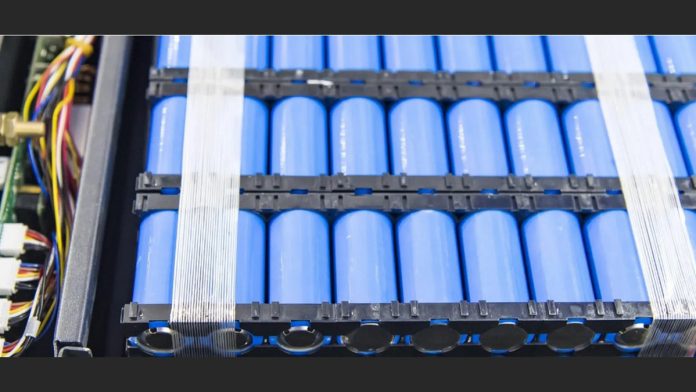As the global demand for batteries looks set to continue rising in line with the growth of the EV market and renewable energy projects, the E.U. may soon throw a spanner in the works by labeling lithium batteries as harmful to humans.
As the battery and metals industries fight against this move, some European countries are going all-in in their battery investments, demonstrating the wide support for battery industry growth across the region.
Many experts worry that if the E.U. classifies lithium as a hazardous substance, it could delay progress being made in the development of green energy. With governments across Europe battling to balance energy security with a rapid transition away from fossil fuels to renewable alternatives, the new regulations could make it that bit harder.
Europe is quickly becoming a hub for electric vehicles (EVs), vying with Asia to develop the most efficient, longest-range EVs as the market expands. Several countries have already announced a ban on the sale of new internal combustion engine (ICE) vehicles in the 2030s, and many industry groups fear that the labeling move could hinder these efforts. China has been dominating the EV sector in recent years, rapidly establishing its lithium industry and battery manufacturing capabilities to solidify its position in the global market. But Europe has gradually expanded its position in the battery market to meet European demand as uptake increases.
A letter from seven industry groups – the European Battery Recycling Association, the European Geothermal Energy Council, Eurobat, Eurometaux, Euromines, the International Lithium Association and Recharge – has been sent to E.U. legislators voicing their “deep concern” over a proposal by the European Chemicals Agency’s (ECHA) risk assessment committee aimed at labelling three lithium compounds as dangerous for human health. The compounds include lithium carbonate, chloride, and hydroxide. The final decision is expected to be made in late 2022 or early 2023.
But industry experts argue that the scientific evidence used to make the decision is weak. While the classification does not place a ban on the import of lithium products, it could mean higher prices due to stricter processing, packaging, and storage regulations. It could also allow countries without these regulations to undercut costs to produce cheaper lithium products, making their markets more competitive.
The letter states, “Europe is at a critical period in its energy transition, needing to stimulate new investment into a full Electric Vehicle battery value chain. This European Commission can be proud of real industrial success in already mobilising high levels of investment into new battery gigafactories. Its looming challenge is now to secure the battery metals that will be in very short supply over the next 15 years.” Adding, “This is a race where Europe is playing catch-up to China, which is already over a decade ahead, now controlling most global processing for lithium and other battery metals.”
But the move by the E.U. isn’t stopping some countries from developing their battery manufacturing capabilities. Norway’s oil and gas giant Equinor announced this week that it will be acquiring U.S.-based battery storage developer East Point Energy, taking on a 4.1-gigawatt pipeline of “early to mid-stage battery storage projects focused on the US East Coast.” The purchase is expected to be finalised in Q3 of this year
Equinor stated, “Battery storage will play an important role in the energy transition as the world increases its share of intermittent renewable power.” The company added, “Battery storage is key to enabling further penetration of renewables, can contribute to stabilizing power markets and improve the security of supply”.












